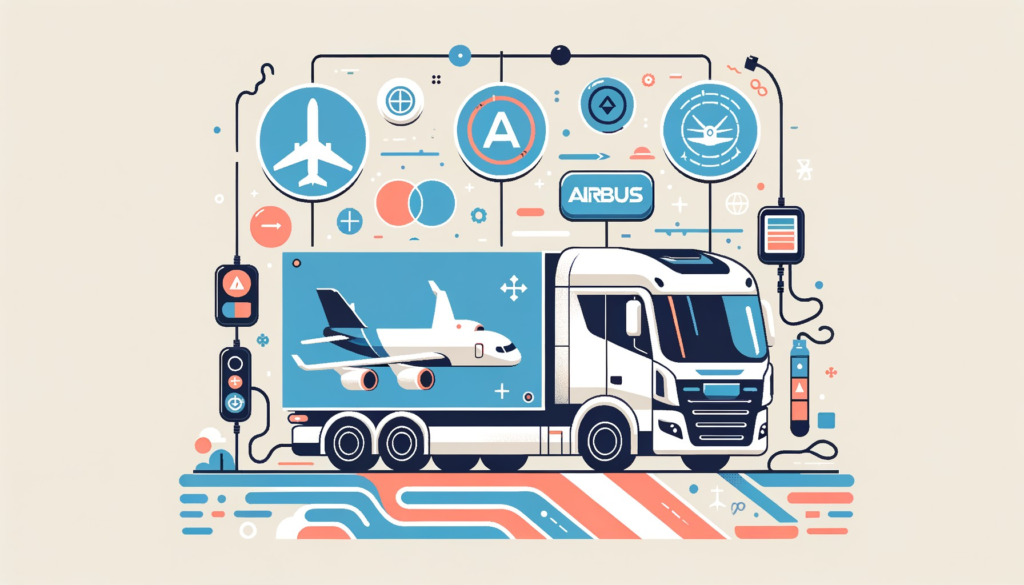What's going on?
On May 24, 2024, Airbus unveiled an electric truck equipped with the control unit for the A350 passenger aircraft at VivaTech, Europe's largest technology event.
What does this mean?
Airbus is pushing the boundaries with this new vehicle, which can function both as a regular truck and under the control of aircraft systems. The innovation uses sensors and on-board computers to sense obstacles and navigate autonomously. The main aim is to improve airport safety as ground collisions involving aircraft are on the rise. Notable accidents include the crash of an A350 in Tokyo in January. As part of the three-year “Optimate” project, the effort sees Airbus UpNext partnering with Israeli EV manufacturer Lee Automotive. Their research vehicle will soon be tested in a real airport environment, which could pave the way for trials on A350-1000 aircraft. Equipped with 3D mapping LiDAR sensors, the vehicle could eventually achieve higher levels of automation, although Airbus has made it clear that it has no plans to fully automate jetliners.
Why should you care?
For markets: Revolutionizing airport safety and efficiency.
The aviation industry is seeing a surge in automation and safety projects, exemplified by initiatives such as Airbus' electric trucks. This trend is likely to spur significant investment in related areas, from advanced sensors to autonomous vehicle technology. As airports around the world look to improve safety and operational efficiency, companies in these industries may see growth opportunities.
Overall picture: Transforming the aviation industry with cutting-edge technology.
LiDAR technology is becoming essential to aviation advancements, and is expected to enhance safety by detecting turbulent air currents and obstacles that radar may miss. This shift is consistent with a broader trend of technology integration in the aviation industry, as reflected in Boeing's own LiDAR testing since 2018. As Airbus emphasizes, simply adopting technology from the automotive industry is not enough; the aviation industry needs specialized solutions to meet its complex needs. Aviation leaders are highlighting the role LiDAR will play in the future of aviation, positioning it as a transformative element in the pursuit of safer and more efficient air travel.

